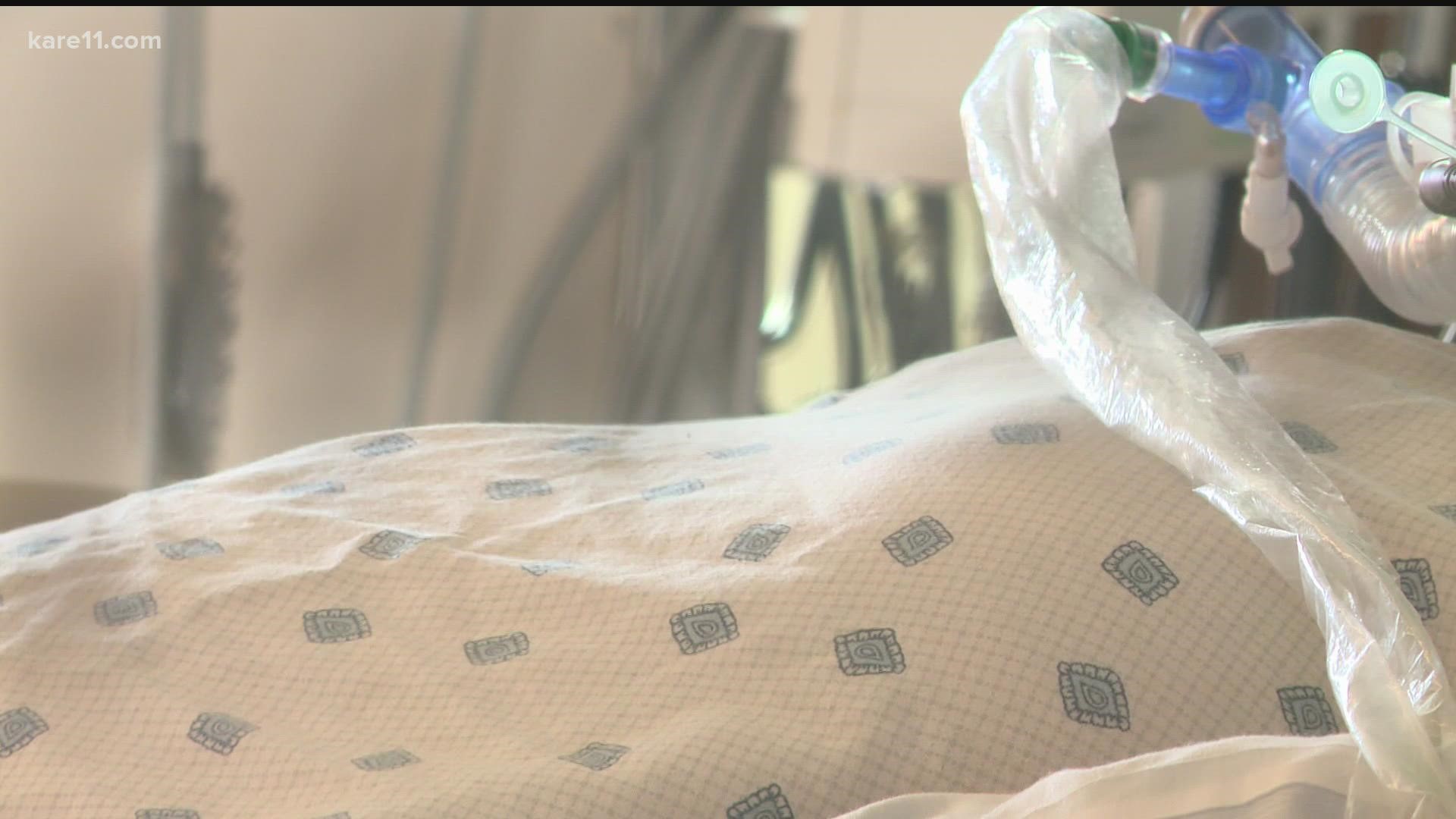GOLDEN VALLEY, Minn. — Much about the COVID-19 disease, especially long-term, remains a mystery, but a new, massive study shows COVID infections can increase the risk of heart issues for up to a year after infection.
The St. Louis Veterans Affairs points to another major long-term COVID concern: the heart.
The study from the Veterans Affairs St. Louis Health Care System looked at 153,760 COVID patients for a year and compared those results with more than 11 million veterans from before and during the pandemic who never had COVID.
The results showed even a mild case of COVID can increase the risk of heart issues long after recovering from the virus.
“What they are seeing is just being exposed and having it, even without going to the hospital, increases your chance of getting a lot of various, different cardiac problems,” said Dr. John Lesser, director of advanced cardiac imaging at the Minneapolis Heart Institute.
The results showed an increase in 20 different cardiovascular issues ranging from stroke, blood clotting to heart attack.
Let's look at stroke data.
In the non-COVID group, about 7 out of every 1,000 people had strokes. In the COVID group, after recovery, roughly 10 out of every 1,000 people had strokes.
That's not a lot of people overall, but it does show a 48% increase in stroke risk, according to the study data.
Extensive data also showed the more severe the COVID the higher the risk of heart issues later.
Stroke risk for those hospitalized by COVID shot up more than 300%, and the risk for those who went into intensive care for COVID rose more than 430%.
“That, for clinicians, means that we cannot rely on conventional risk factors when we are talking to patients,” said Dr. Tanya Melnik, internist at the Post-COVID Clinic at M Health Fairview. “We really have to look at how severe their disease was.”
The study also accounted for race, sex, smoking, age and other factors, and still none of that seemed to matter. This all further points to the likelihood that the virus caused these heart issues, according to the study.
“The big impact is going to be on the health systems, because a large number of people getting something even at low frequency affects the health system,” said Lesser.
The study data was from 2019, before any vaccines were available.
It remains unclear if vaccines could improve heart risks down the road caused by COVID. Experts say more studies are needed.
Watch more on the coronavirus:
Watch the latest reports and updates on the coronavirus pandemic in Minnesota with our YouTube playlist:

